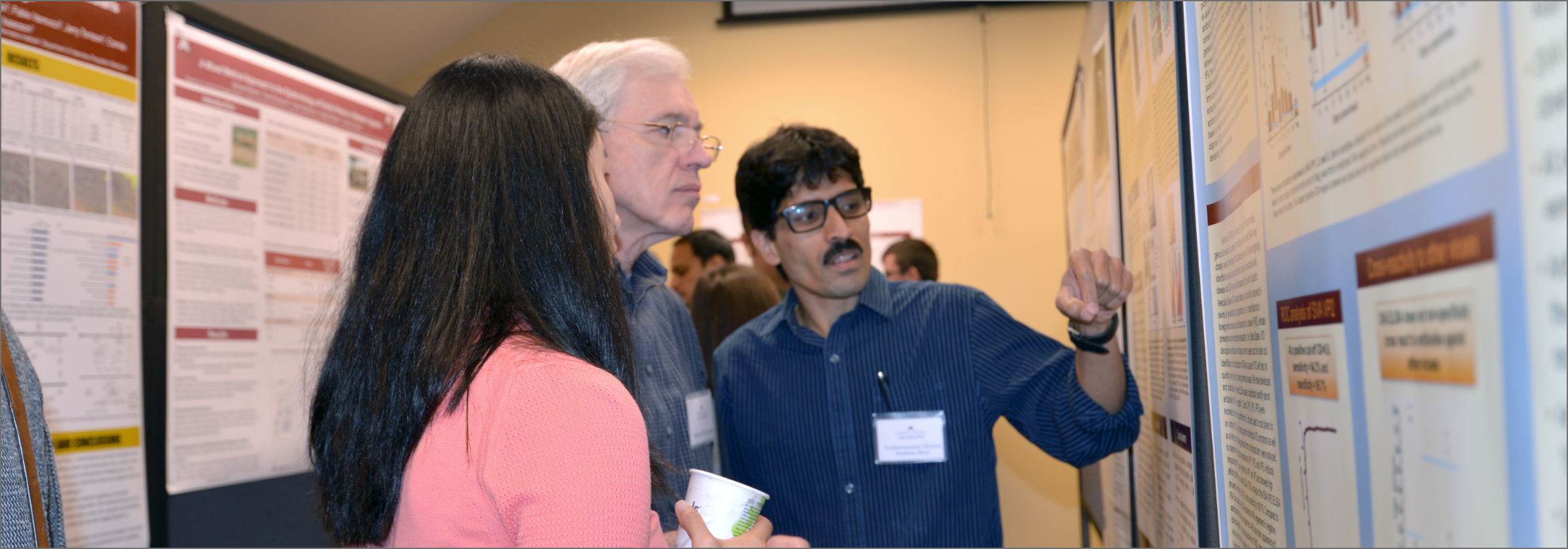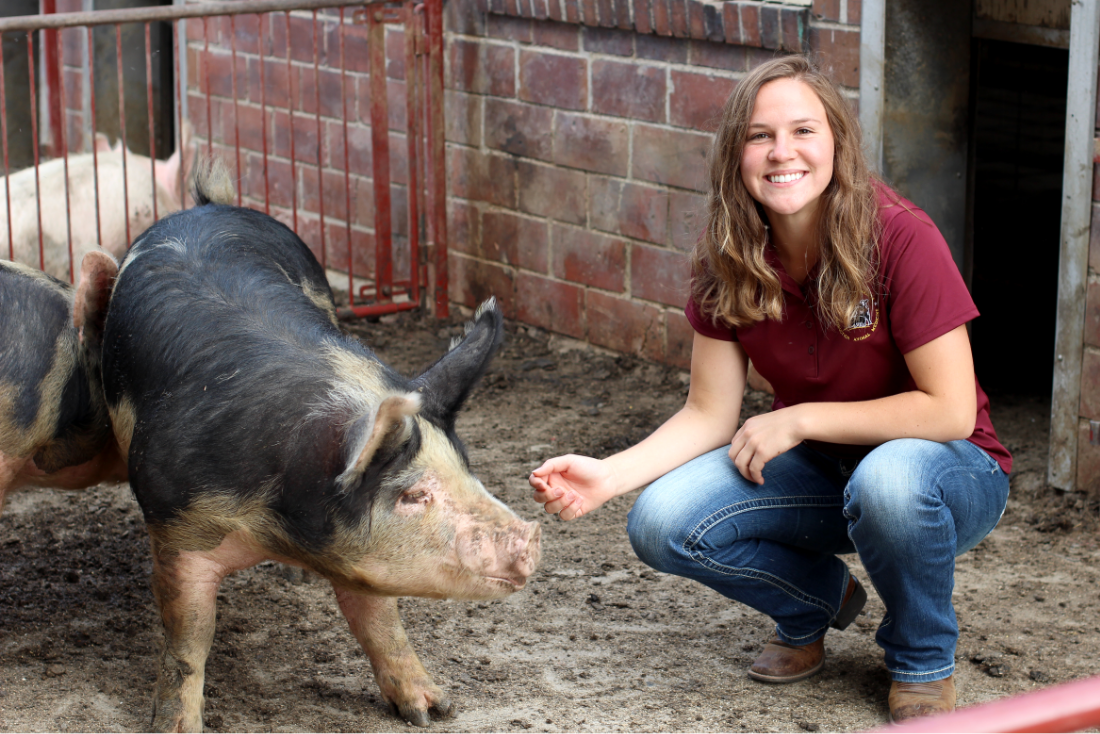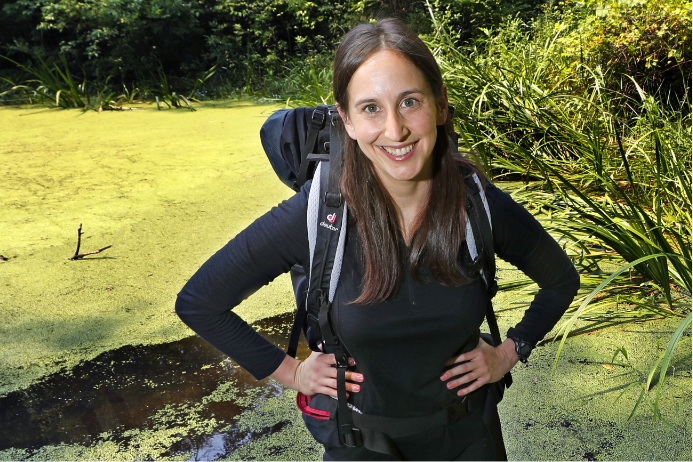
One Health principle
We agree that advancing animal and human health stems from the same scientific foundation
We provide state-of-the-art PhD and MS training at the intersections of animal, human, and ecosystem health. Our primary goal is to educate independent scientists to lead our workforce as private sector professionals, scientists, educators, or public sector officials.
State-of-the-art PhD and MS training
Foremost in our training model, students will achieve scientific acuity and technical excellence through high quality impactful mentored thesis research, supplemented through rigorous core coursework. In addition to this, we offer students a variety of experiential learning opportunities to develop the excellent “transferable” skills that employers seek. In addition to MS and PhD graduate training, we also offer a dual degree DVM/PhD program.
Our mission
Our mission is to provide education through research that advances animal and human health. We are committed to helping students graduate in a timely fashion through individualized mentoring, clear programmatic timelines, and annual reviews. PhD trainees typically complete their programs in less than 5 years. You will work closely with faculty and peers in a supportive and collaborative environment to develop the critical thinking, technical, and communication skills for successful careers in academia, private industries, or the public sector.
Find a program that’s right for you

Learn more and apply for the Comparative & Molecular Biosciences program
Students in the Comparative and Molecular Biology (CMB) program seeks to understand the mechanisms of animal and human health. Training is intradisciplinary and provides students with individualized mentorship in cutting edge technologies.

Learn more and apply for the Veterinary Sciences program
Research in the Veterinary Sciences program focuses on the scientific study of the transmission and progression of diseases of importance to domestic animals, wildlife, and humans with applications to diagnosis, prevention, and treatment.
News

Marissa Milstein: Preventing ’spillover’ in the Amazon
University of Minnesota College of Veterinary Medicine-trained wildlife vet Marissa Milstein works closely with the indigenous Waiwai people to better understand how hunting and consumption habits inform the risk of animal-to-human disease transmission.
Learn more
Where are our alumni?
Learn more about where our alumni go after they graduate
Experiential learning
See opportunities to develop transferable skills that employers seek in professional and career development and projects seeking PhD & MS applicants.
Graduate student seminars
Seminars are held on Thursdays at noon, CT, via Zoom. See the Fall 2022 graduate student seminar schedule (pdf)
Community support resources for students
Multicultural
The College of Veterinary Medicine and the University of Minnesota emphasize a welcoming and inclusive environment in which multiple voices and experiences contribute to excellence in teaching, learning, and scientific discovery.
- Office for Diversity in Graduate Education
- Community of Scholars Program
- Graduate School Student Organizations
- Graduate Student & Postdoctoral Alliance for Diversity & Inclusion
- Disability Resource Center
- Twin Cities Multicultural Resources and Services Directory
- College of Veterinary Medicine Diversity and Inclusion Committee
Twin Cities living
Lying on opposite sides of the Mississippi river, St. Paul and Minneapolis comprise a vibrant, green, and welcoming community. The cities maintain nearly 200 parks and lakes with over 1,200 miles of walking, running, and biking trails. Our urban setting provides easy access to arts and culture, professional and Big Ten sports, multicultural neighborhoods and events, and restaurants, including 20 different craft beer taprooms. And yet we are just minutes from open fields, boating, golf courses, skiing, and nature sanctuaries. These are just some of the reasons the Twin Cities consistently rank in the top 10 most livable US cities.